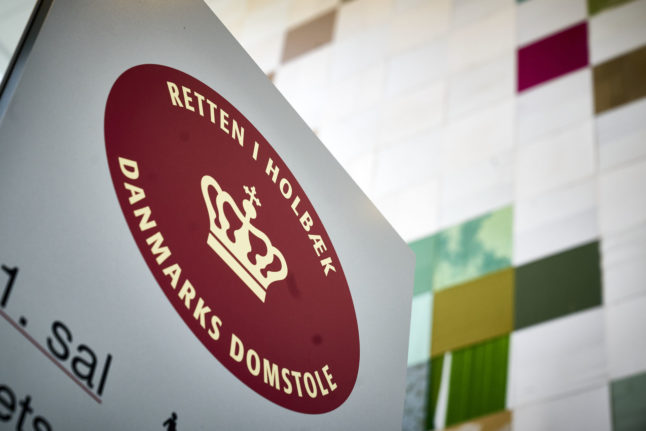The boy was found guilty on a number of charges under Denmark’s criminal paragraph 114, also known as the “terror paragraph”. He was found not guilty of other charges in the trial.
Because Denmark’s age of criminal responsibility is 15, he can be sentenced as an adult.
He was convicted of trying to recruit a friend to the far-right extremist group Feuerkrieg Division, but found not guilty of joining the group himself with the intention of committing an act of terror.
Although he is a member of the extremist group, the court did not find it proven that he joined with the intent of committing one or more acts of terror.
In addition to the attempt to recruit a friend, he was found guilty of distributing bomb and weapons manuals and other extremist material via the Telegram messaging app.
He also guided others on organisation within the group and assisted in writing a pamphlet about Feuerkrieg Division, the court found.
The five-and-a-half year sentence is longer than the five years argued for by the state prosecutor during the trial.
READ ALSO: EXPLAINED: What do the Danish words used in crime investigations mean?
“It says something about the seriousness of this case that he has got five and a half years in prison even though he did these things as a 15-year-old. I think it’s a clear verdict,” special prosecutor Rune Rydik said after the sentence was pronounced.
His defence lawyer Lasse Martin Dueholm argued for no more than two years in prison or “the court’s mildest sentence”. The defence, prosecution and court all cited the boy’s age as a mitigating factor.
He was arrested in April 2022 when police searched his bedroom at his parents’ home in western Zealand. Officers found a Feuerkrieg Division flag, a flag and armband with Nazi symbols and a copy of the manifest Mein Kampf, written by Adolf Hitler in the 1920s.
His mother was present for the verdict and sentencing at Holbæk District Court on Thursday. He denied guilt on all charges throughout the trial and has chosen to appeal the verdict, Dueholm confirmed. He hopes to be acquitted or given a milder sentence at a high court appeal, the lawyer said.



 Please whitelist us to continue reading.
Please whitelist us to continue reading.
Member comments